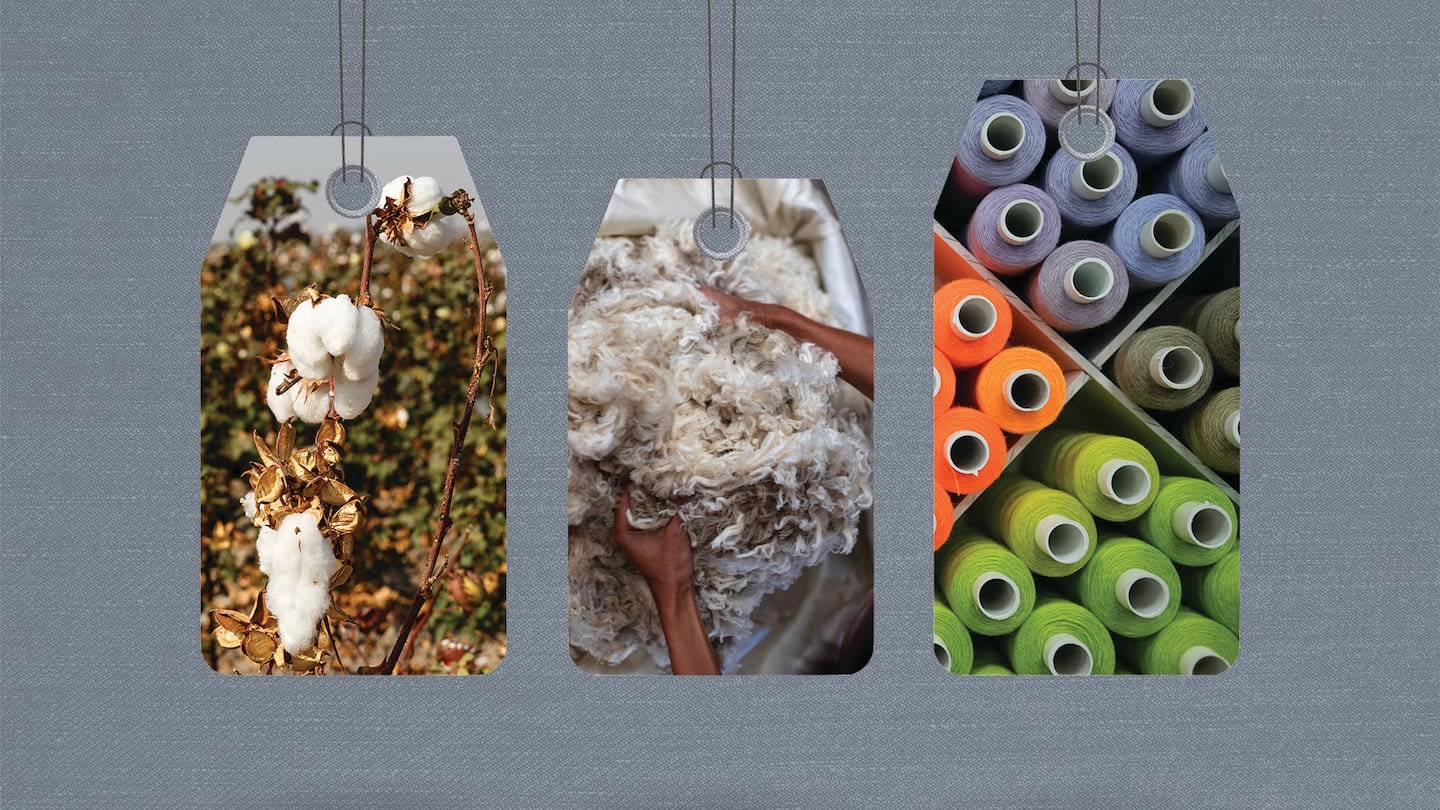
The Business of Fashion
Agenda-setting intelligence, analysis and advice for the global fashion community.

Agenda-setting intelligence, analysis and advice for the global fashion community.

A coalition of 12 civil society groups have warned the European Commission should not rely on a hotly debated method to assess environmental impact when it outlines rules on how brands should substantiate green claims at the end of next month.
In an open letter sent to European lawmakers Monday, organisations including Fashion Revolution, Fair Trade Advocacy Office and the Clean Clothes Campaign said the so-called Product Environmental Footprint Rules currently under development risk giving “a limited and unholistic picture” of impact, and should not feature as a standalone method to underpin product labels in proposed legislation.
The criticism plays into an increasingly heated debate over how fashion’s environmental impact should be measured and disclosed. Critics of the current PEF method argue that the scope and quality of the data used are insufficient and fail to fully capture factors like social impact, toxic chemicals, overproduction, microplastics, and the true impact of synthetic fibres like polyester.
The letter comes just a week after another coalition of natural fibre producers and environmental groups, Make The Label Count, wrote to the European Commission with similar complaints about the PEF method, warning that, “if not done properly, EU textile legislation could give licence to greenwashing.”
ADVERTISEMENT
The European Commission did not immediately provide comment.
Learn more:
The New Rules of Sustainability Marketing
A wide-ranging crackdown on greenwashing has snared major players from H&M to the Sustainable Apparel Coalition. Now regulators have issued new guidelines for how sustainability can be marketed.
The trial of Colombian designer Nancy Gonzalez for smuggling alligator and snakeskin handbags into the US shone a rare public spotlight on the trade in the exotic skins used for some of fashion’s most expensive and controversial products.
Europe’s Parliament has signed off rules that will make brands more accountable for what happens in their supply chains, ban products made with forced labour and set new environmental standards for the design and disposal of products.
Fashion’s biggest sustainable cotton certifier said it found no evidence of non-compliance at farms covered by its standard, but acknowledged weaknesses in its monitoring approach.
As they move to protect their intellectual property, big brands are coming into conflict with a growing class of up-and-coming designers working with refashioned designer gear.